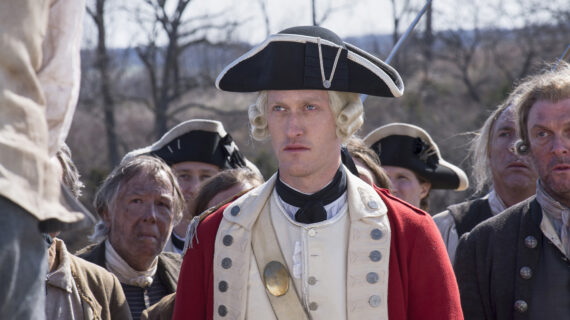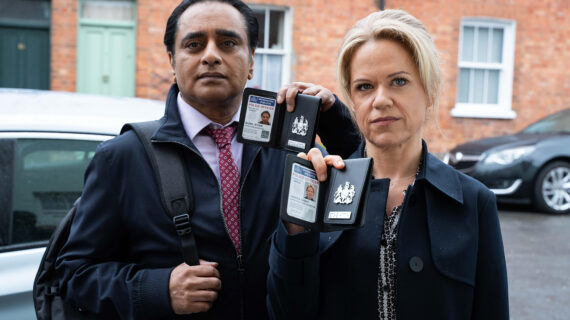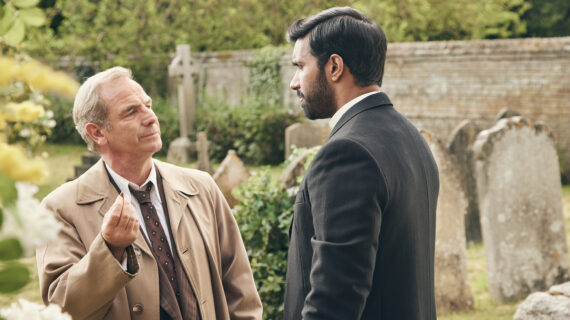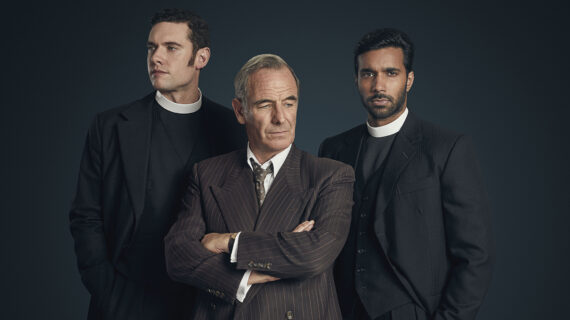Zac Schultz:
There are three candidates running for the Wisconsin Supreme Court this spring. We’ll be talking to all three this month and first up is the incumbent, Justice Daniel Kelly. Justice Kelly was appointed to the bench in 2016 by Governor Scott Walker. Before that, he was in private practice in Waukesha. Justice Kelly, thanks for your time today.
Daniel Kelly:
Thanks so much for having me on. I appreciate it.
Zac Schultz:
You have never faced the voters of Wisconsin before. Why should they elect you to a full ten-year term on the court?
Daniel Kelly:
Well, I appreciate the question. I think the answer lies in my judicial philosophy. And that centers around faithfulness to the Constitution and applying its terms the way it’s been written. Not as we might wish it to be written but as it’s actually adopted and maintained by the people of Wisconsin. There’s a really important reason why that needs to be the case. And it lies in the relationship between the people of Wisconsin, their Constitution and the justices of the Supreme Court. See, when I come to the chambers in the morning, I don’t bring the authority with me that I exercise because it doesn’t belong to me. It belongs to the people. They simply loan it to us. And they do that through their Constitution. They’ve structured that Constitution in a way to accomplish two very important objectives. One of those is securing their freedoms and their liberties, and the second is preserving law and order in their communities. So our role in that is to simply apply the law as it exists. We’re there to exercise the judicial power to apply the law to the case in front of us. People have not asked us to legislate from the bench. They’ve got a Legislature to make their laws. So we don’t make the law. We don’t ignore the law. We don’t play favorites with the law. We simply apply the law with neither fear nor favor for any person or party. When we do that, we’re faithful to the terms of the Constitution. When we’re faithful to the Constitution, we’re faithful to the people of Wisconsin. That preserves their freedoms and liberties and it preserves security in the rule of law in their communities.
Zac Schultz:
You recently decided to recuse yourself from a case that could come before the Supreme Court regarding a conservative group’s effort to force the removal of 230,000 names from the voter registration rolls. Why did you decide to recuse?
Daniel Kelly:
Well, mostly because of what you just said. So the case involves over 200,000 people who will be participating or not participating in the election where my name will be on the ballot. I think it’s important for the people to understand that we do nothing but impartially apply the law without respect to any outside influences or anything that would affect me personally. And I want to make sure that not only is that true in fact, but that the appearances of that are aligned with what is actually factual. And so I decided to recuse myself from that case.
Zac Schultz:
Justices have broad authority on when to recuse, mostly initiated by themselves. Your opponents have said they would like to see tighter rules. Do you think the system works as it is?
Daniel Kelly:
Well, I think the — it has been working for a very long time the way that it is. And while I’m always open to looking at potential amendments, the way that we handle recusals. I think we need to be sure when we do that, when we look at circumstances that might call for a change, that we do it in a way that does not introduce opportunities for political gamesmanship amongst parties or amongst the members of the court. So I’m always open to looking at new proposals, but we need to make sure that it accomplishes the objective of our rules of recusal, which is making sure that we do the job of a justice, that is, impartially applying the law to the case in front of us.
Zac Schultz:
Technically Supreme Court elections are nonpartisan, but recently that’s been largely in name only. The Democratic and Republican parties have been heavily involved in running campaigns, offering support, organizing voters. So why is it wrong for some voters to assume you represent Republicans and your opponents are representing the Democrats in this case?
Daniel Kelly:
I think it’s a category error to suggest that we represent one party or another or their issues. As I mentioned, one of the primary and central aspects of my judicial philosophy is setting aside personal politics and personal beliefs and personal positions and simply applying the law the way it exists. This is the only thing that allows us to preserve our freedoms and our liberties and preserve law and order in our communities, is if we are able to set that aside. So when I work on cases, when I decide cases, when I write opinions, the way I approach it to make sure that those things are put to the side is to apply rigorous logic to the case in front of us. We start with the premises, which are the laws that apply to the case in front of us and then from there we use rigorous logic to work our way down to the conclusion. And if you do that well, if you do it diligently, that will squeeze out any of your personal politics or any of your personal positions or beliefs, because logic doesn’t care about your politics, right? It simply is. And so if we do that well, then we’ll always arrive at a conclusion that is required by the law and not by our personal preferences.
Zac Schultz:
We’ve got about a minute left. Last year during the lame duck session, Republicans in legislation considered moving the date of the Supreme Court election, in theory to get away from the Democratic presidential primary and potential higher turnout among Democrats. They ended up not doing that but how will potential increased Democratic voter turnout impact your election?
Daniel Kelly:
I don’t think it’s going to impact it much at all. The reason for that is this. I don’t — I think people of Wisconsin, regardless of their political party to which subscribe, they want the same thing out of a justice of the Supreme Court. They want a justice who will simply apply the law, with neither fear nor favor for any person or party, who won’t insert their personal beliefs or politics into the decision-making. So whether there’s more Democrats that turn out than Republicans, I don’t think that’s going to matter much because I think they all want basically the same thing: a justice who will just apply the law. And that’s what I’ve been doing since 2016.
Zac Schultz:
Were you hoping that the date would get changed or did you have an opinion on whether the date should remain?
Daniel Kelly:
Well, I try not to peer into the future and see what might occur or not occur based on changes like that because you never know what the consequences might be. So I look at the people of Wisconsin and I have faith that when it comes time for the election, they’re going to do the right thing. They’re going to look for someone who’s going to be faithful to the Constitution. And I think they’re going to do that regardless of whether they’re Democrats or Republicans or independents or whatever other political persuasion they might be. So I invite them all to come out, as much as possible, regardless of the party they’re affiliated with. Come on out in the Supreme Court election. Let us know what you think. And I’ll rest my fate with them.
Zac Schultz:
Justice Kelly, thanks for your time today.
Daniel Kelly:
Thank you.
Search Episodes
Related Stories from PBS Wisconsin's Blog

Donate to sign up. Activate and sign in to Passport. It's that easy to help PBS Wisconsin serve your community through media that educates, inspires, and entertains.
Make your membership gift today
Only for new users: Activate Passport using your code or email address
Already a member?
Look up my account
Need some help? Go to FAQ or visit PBS Passport Help
Need help accessing PBS Wisconsin anywhere?

Online Access | Platform & Device Access | Cable or Satellite Access | Over-The-Air Access
Visit Access Guide
Need help accessing PBS Wisconsin anywhere?

Visit Our
Live TV Access Guide
Online AccessPlatform & Device Access
Cable or Satellite Access
Over-The-Air Access
Visit Access Guide
 Passport
Passport

















Follow Us